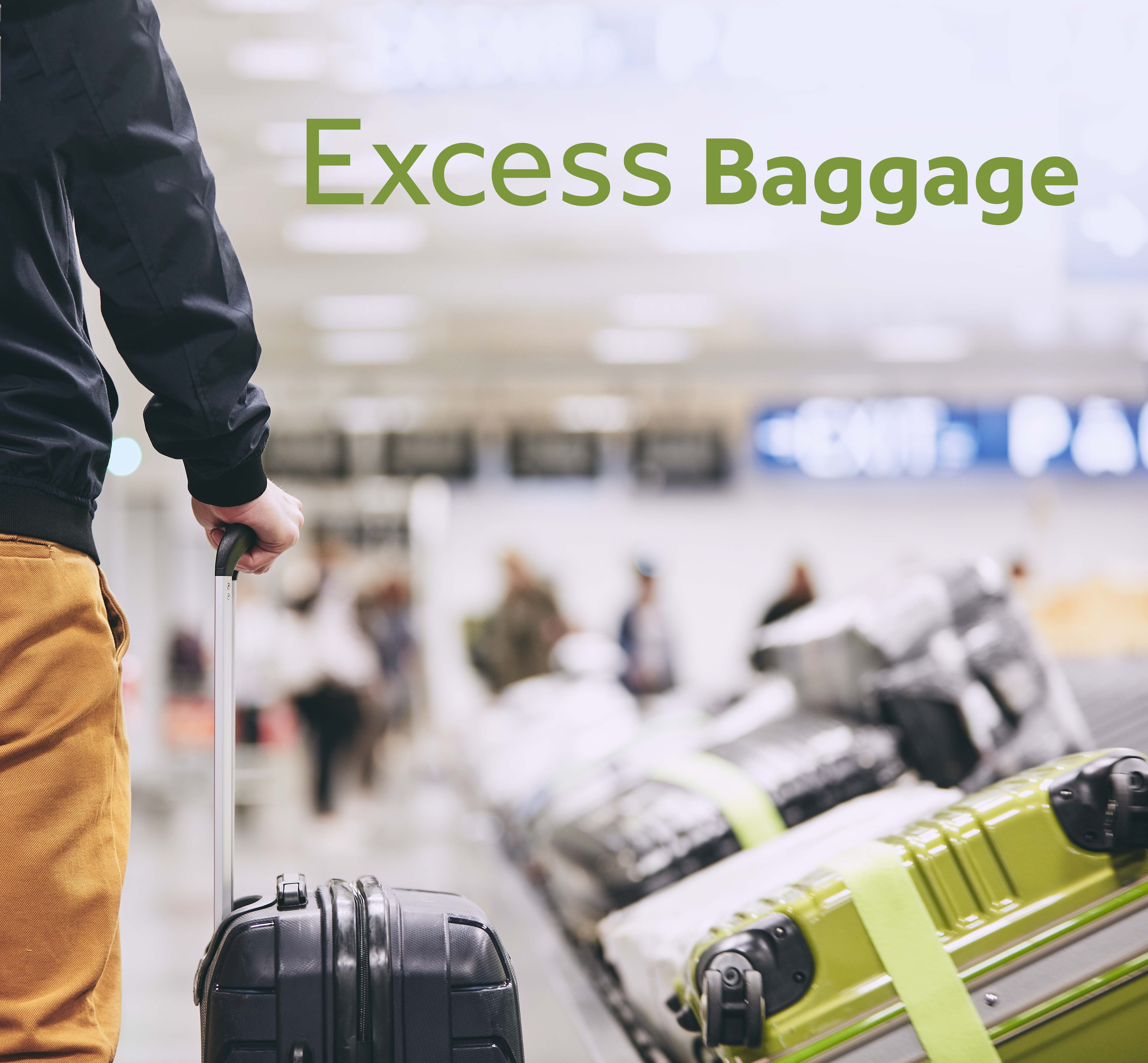The Ultimate Guide to Extra Baggage: Flying with More Ease
Introduction
Traveling can be exciting, but let’s face it, packing can be a source of stress. Whether it’s a family vacation, a business trip, or a move across the country, sometimes the standard baggage allowance just doesn’t cut it. That’s where extra baggage comes in. This guide will walk you through everything you need to know about booking extra baggage, from understanding airline policies to finding the most cost-effective solutions. We’ll break down the jargon, offer practical tips, and help you navigate the often-confusing world of airline baggage fees.
Understanding Baggage Allowances
- Standard Allowance: Most airlines offer a standard baggage allowance, which typically includes one carry-on bag and one personal item (like a laptop bag or purse) for free. Checked baggage allowances vary based on factors like fare class, destination, and frequent flyer status.
- Factors Affecting Allowance:
- Fare Class: Economy tickets usually have the most restrictive baggage allowances. Business and First Class often include more checked bags and higher weight limits.
- Destination: International flights may have different allowances than domestic flights.
- Frequent Flyer Status: Elite members of airline loyalty programs often receive complimentary checked bags or increased weight limits.
Why Book Extra Baggage?
There are many valid reasons to book extra baggage:
- Long Trips: Extended vacations or business assignments often require more clothing and personal items.
- Special Equipment: Sports enthusiasts may need to transport equipment like skis, golf clubs, or diving gear. Musicians often travel with instruments.
- Gifts and Souvenirs: Buying gifts for family and friends, or collecting souvenirs during your trip, can quickly fill up your luggage.
- Moving: If you’re relocating, even temporarily, bringing extra belongings with you on the plane can be more convenient than shipping them.
How to Book Extra Baggage
- Online: Most airlines allow you to purchase extra baggage online during the booking process or after you’ve already booked your flight. Log in to your account on the airline’s website, find your reservation, and look for the option to add extra baggage.
- Phone: You can call the airline’s customer service line to book extra baggage. Be prepared to provide your booking reference number and passenger details.
- At the Airport: You can purchase extra baggage at the airport check-in counter, but this is generally the most expensive option.
Cost Considerations
- Airline Fees: Baggage fees vary widely depending on the airline, route, and weight/size of the bag.
- Weight and Size Limits: Airlines have strict weight and size limits for checked baggage. Exceeding these limits can result in hefty overweight or oversized baggage fees.
- Pre-Purchase vs. Airport Purchase: Booking extra baggage in advance (online or by phone) is almost always cheaper than paying at the airport.
Tips for Saving Money on Baggage Fees
- Pack Light: The most obvious way to avoid baggage fees is to pack lighter. Consider using a smaller suitcase or wearing your heaviest items on the plane.
- Ship Items: If you have a lot of heavy or bulky items, shipping them to your destination may be more cost-effective than paying for extra baggage.
- Consider Airline Credit Cards: Some airline credit cards offer free checked bags as a perk. If you fly frequently with a particular airline, this can be a worthwhile investment.
- Compare Airline Fees: Before booking your flight, compare baggage fees across different airlines. Use online tools to estimate the cost of checking your bags.
- Use Vacuum Bags: Vacuum compression bags can help you compress your clothing and reduce the volume of your luggage.
- Wear Bulky Items: Wear your heaviest shoes, jackets, and sweaters on the plane to save space and weight in your luggage.
- Consider a Carry-on Only Strategy: For shorter trips, try to pack everything in a carry-on bag to avoid checked baggage fees altogether.
- Loyalty Programs: Check your airline loyalty program benefits. Often, higher tiers include complimentary checked bags.
Navigating Airline Policies
- Review the Fine Print: Always read the airline’s baggage policy carefully before your trip. Pay attention to weight and size limits, prohibited items, and fees.
- Check for Updates: Airline policies can change frequently, so it’s a good idea to check for updates before your flight.
- Be Prepared: Have your payment information ready when booking extra baggage. If you’re paying at the airport, arrive early to allow extra time for check-in.
- Documentation: Keep a copy of your baggage receipt and any other relevant documents in case your luggage is lost or delayed.
What to do if Luggage is Lost
- Report the Lost Luggage: Immediately report the lost luggage to the airline’s baggage service desk at the airport.
- File a Claim: File a claim with the airline for the value of the lost items.
- Track Your Luggage: Use the reference number provided by the airline to track the status of your luggage online.
Recent Trends and Developments
- Dynamic Pricing: Some airlines are experimenting with dynamic pricing for baggage fees, meaning the cost can vary based on factors like demand and time of booking.
- Increased Scrutiny: Airlines are becoming more strict about enforcing weight and size limits, so it’s important to be accurate when declaring your baggage.
Conclusion
Booking extra baggage doesn’t have to be a stressful experience. By understanding airline policies, planning ahead, and taking advantage of cost-saving strategies, you can travel with ease and avoid unexpected fees. Whether you’re packing for a long vacation, transporting special equipment, or simply bringing home souvenirs, knowing how to navigate the world of extra baggage will make your journey smoother and more enjoyable. Remember to always check the airline’s specific policies and fees before your trip, and don’t hesitate to contact customer service if you have any questions.


Leave a Reply